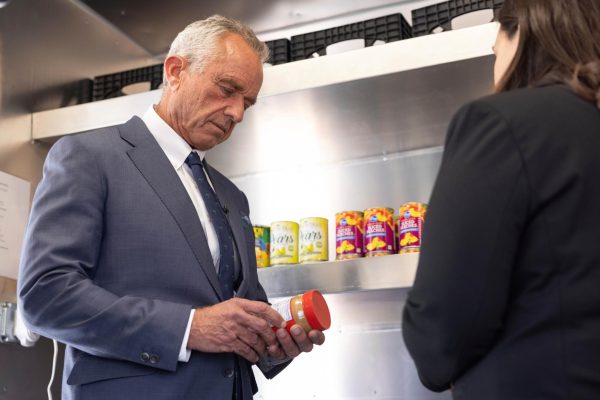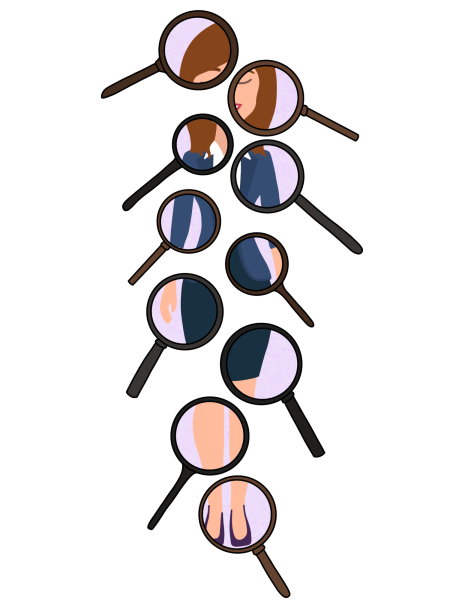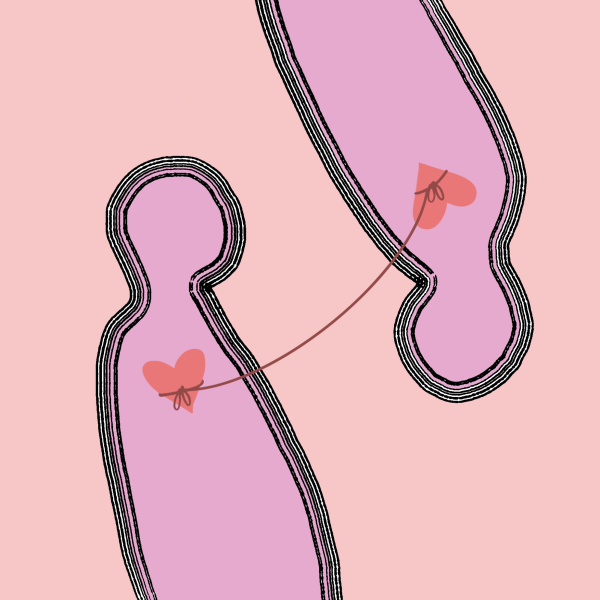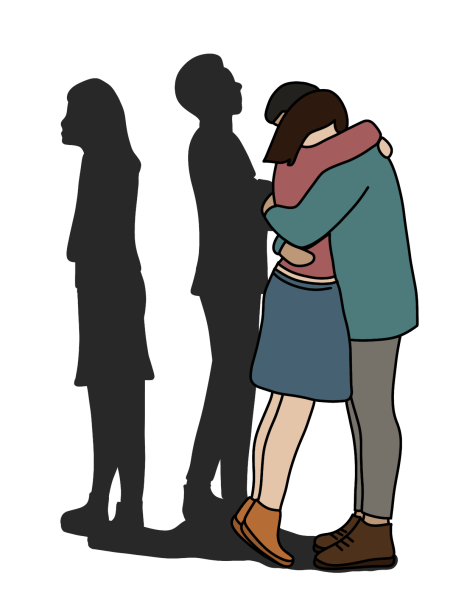Minus the City: Debunking Sex Myths With OB-GYN Dr. Jennifer Lincoln
Sisters of the Round Table (SORT) hosted an event in which OB-GYN Dr. Jennifer Lincoln came to talk about pleasure, anatomy and health on Feb. 2, which proved a great way to support necessary conversations about healthy sexuality on campus. She is renowned on both Instagram and TikTok for educating her followers about female anatomy and sexual health. Lincoln began the talk by setting the record straight: our discussion would be about vaginas, orgasms and sex. She immediately created a safe space that would allow us to talk about our concerns without fearing judgment, knowing that women feel especially uncomfortable discussing sexual topics given the stigma that exists around female sexuality.
Lincoln started off with some frequently asked questions with fairly simple answers. Does masturbation count as cheating? Absolutely not, she said. Is masturbation bad in general? Only if it gets in the way of work or everyday tasks. Can you take your own virginity? Virginity is a social construct.
She also talked about feminine hygiene — one of the topics Lincoln is most passionate about debunking. She expressed how imperative it is that we don’t use the products advertised to “clean” our vaginas. “Vaginas are a self-cleaning oven,” she explained. Our biology as females allows for the continual cleansing of our vaginas. Of course, they have a natural scent, but it’s nothing that we absolutely need to get rid of with products like Summer’s Eve and Vagisil, which are marketed to convince women that their vaginas are dirty and smelly and must instead smell like roses.
Lincoln moved on to talk about female pleasure. Beings with clitorises, she said, are the only beings who have a sexual organ whose only purpose is for pleasure. That’s why it is important to understand that when trying to reach orgasm, there should be a focus on the clitoris. The “G-spot” isn’t necessarily a thing; instead, women who experience orgasm from penetration are instead experiencing orgasm from the stimulation of an area that is merely an extension of the clitoris (which is actually larger than we may think). In addition to this, Lincoln spoke on the phenomenon of the O-shot, a surgical procedure designed to increase female sexual arousal. During the procedure, vaginal tissue is injected with plasma extracted from your own blood cells, which is said to increase blood flow to the area, thus making the tissue more “functional” and more susceptible to stimulation. The procedure is said to have miraculous effects: more frequent orgasms from clitoral stimulation, the ability to orgasm from penetrative sex if previously unable to, increased production of vaginal lubrication and even a younger-looking and softer vulva. Lincoln claimed that this is too good to be true. “There just isn’t enough data,” she said. Not only is the shot not FDA approved, but chances are, those performing the procedures aren’t even medical professionals. This issue is also similar to that of feminine hygiene products in that it raised the question, are women just being deluded into thinking that there is something wrong with them that needs to be fixed?
Finally, Lincoln was asked, “What is your favorite fact to share, or misconception to disprove?” She explained that she often is confronted with the stigma that surrounds the use of birth control, and this is extremely upsetting for her. Birth control, she explains, is a form of health care. It is not just for preventing pregnancies, and she used the example of women who need birth control to help alleviate the symptoms of endometriosis, which can be almost crippling. If it helps someone in any way, they should be able to use it, free of judgment.
The talk served as an example for the kind of healthy discussions that should be more frequent on campus — and how to have them. From creative a safe space, addressing fears as well as encouraging positive sexuality, and working from a place of scientific knowledge, Lincoln’s talk was as pleasurable as a talk about orgasms should have been.









